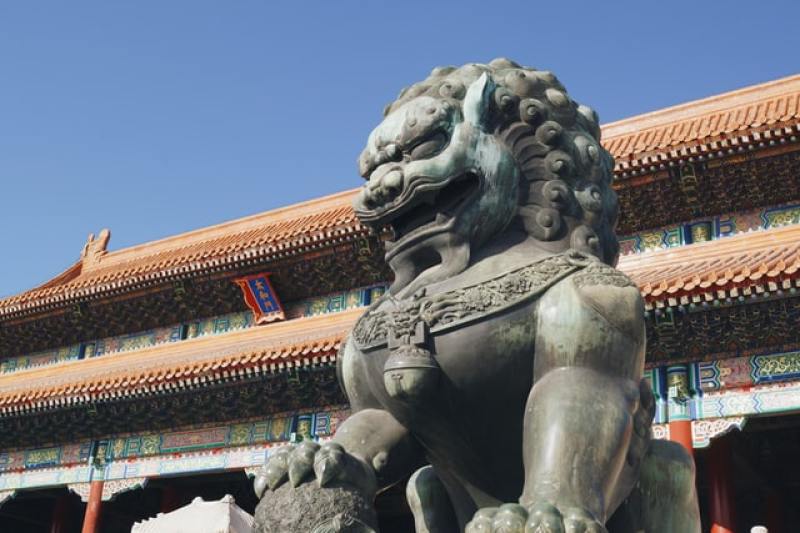
The Chinese Communist Party (CCP) has established three key concepts that guide its strategies in winning a war against the free world, a new report from the Institute for Strategic Studies of Military Schools (IRSEM) has revealed.
Its three-pronged doctrine, which is relatively unknown in the West, involves "psychological warfare" that seeks to demoralize the enemy, "public opinion warfare" that aims to shape the minds and hearts of the masses, and "legal warfare," which uses systems of law to prevent attacks from the enemy.
According to The Epoch Times, the IRSEM released a 650-page report detailing an illustration of the Chinese communist regime's global influence operations, which involves the three key "warfare" concepts that they will use against the West. IRSEM is an independent agency affiliated with the French Ministry of Armed Forces.
The IRSEM report revealed that the CCP also plans to use another key doctrine called "United Front," a political strategy that the communist state uses to influence beyond its immediate circles while downplaying any actual connections to the CCP. Lyman P. Van Slyke wrote in 1967 that "united front" tactics were used in China as early as the 1920's.
"Developed essentially on Chinese initiative, the united front derived from real needs and actual experience more than from theoretical considerations. Gradually, as I have suggested, it became an integral part of Chinese Communist thought and practice," Van Slyke explained in a paper titled "Enemies and friends; the united front in Chinese Communist history."
"What Mao [Zedong] has said, in essence, is that the united front isolates the enemy by winning the vast majority to the side of the revolution; then, through struggle, the isolated and now vulnerable enemy is destroyed."
The United Front is also described by CCP's first leader Mao Zedong as a "magic weapon" and a policy that involves China "eliminating its internal and external enemies, controlling groups that may challenge its authority, building a coalition around the Party to serve its interests, and projecting its influence abroad," the report read.
The French report was released following major pushback against China by world leaders who no longer tolerate the communist regime's human rights abuses, intellectual property theft, economic coercion, and military assertiveness.
The report warned that the all-out assault on America and the West by China is not only guided by the three key "warfare" concepts but is also dependent on an extensive global network composed of state and non-state actors. The IRSEM said that Beijing's influence operations are guided by two main objectives, which are "to seduce and subjugate foreign audiences by creating a positive narrative of China" and "above all, to infiltrate and coerce."
The report also revealed that China aims to infiltrate by "slowly [penetrating] opposing societies" to prevent any intentions of acting against the CCP while coercion involves the gradual increase in "'punitive' or 'coercive' diplomacy" to develop into a "policy of systematic sanction against any state, organization, enterprise or individual threatening" the interests of the CCP.
Today, China's aggressions can no longer be ignored by the West. In fact, a defense expert claims that the direct result of the CCP's aggressions is the newly formed partnership between Australia, the United Kingdom, and the United States, or simply, AUKUS.
The new partnership that was announced mid-September sought to strengthen stability in the Indo-Pacific by enabling Australia to acquire nuclear-powered submarines to counter Chinese nuclear-powered vessels in the region, CNBC reported.
"I can assure you that none of this would have gone ahead were it not for more aggressive and assertive policies being pursued by Xi Jinping over the last half decade or more," executive director of think tank Australian Strategic Policy Institute, Peter Jennings explained.
Foreign Policy reported that the establishment of the AUKUS partnership "represented the convergence of three long-standing trend lines." The first is the CCP's "exponential growth and assertive use of the Chinese military," China's "drastic increase in political and economic pressure imposed on Australia, and lastly, the U.S.' growing concern over China's control over the Indo-Pacific and how they can align their defense strategies with such a challenge.































